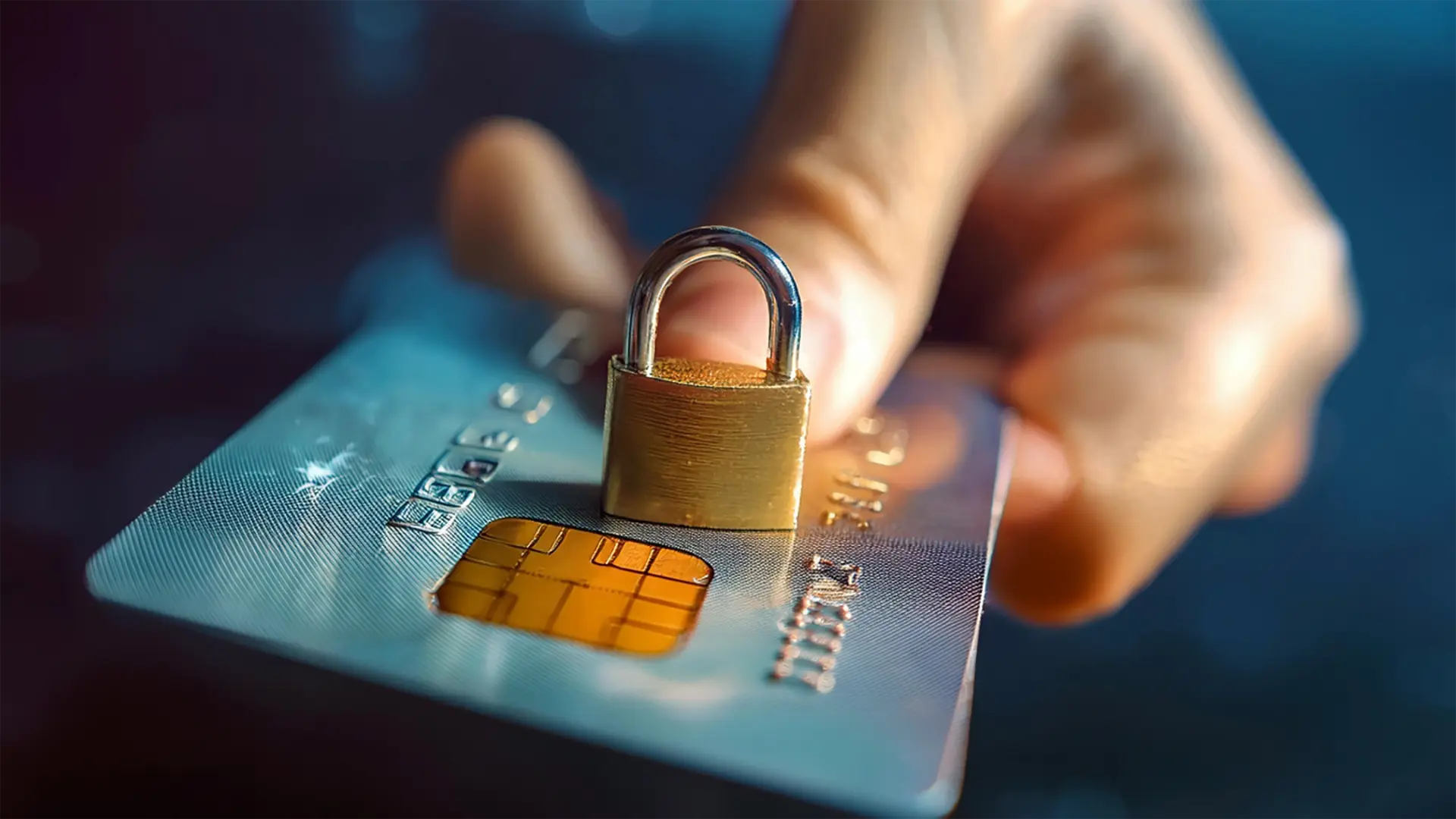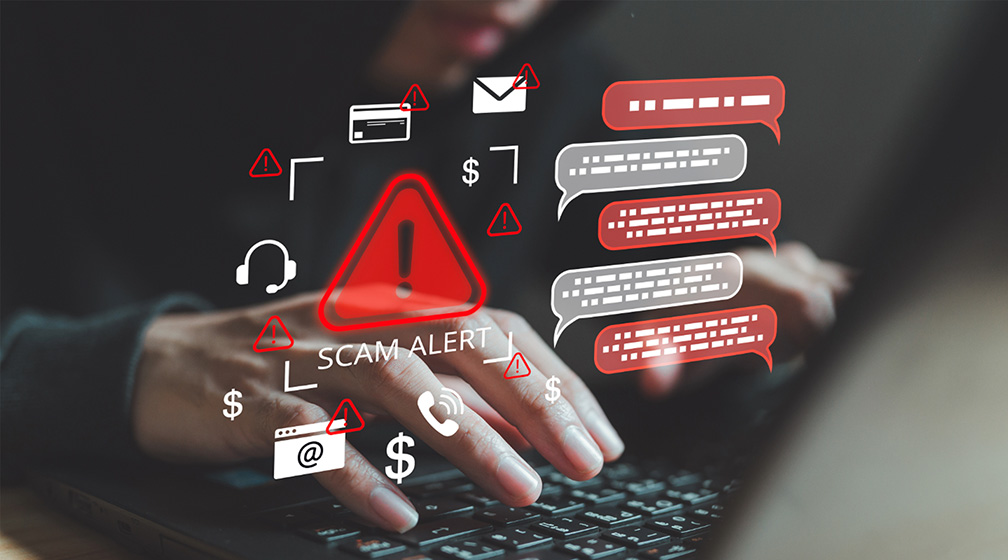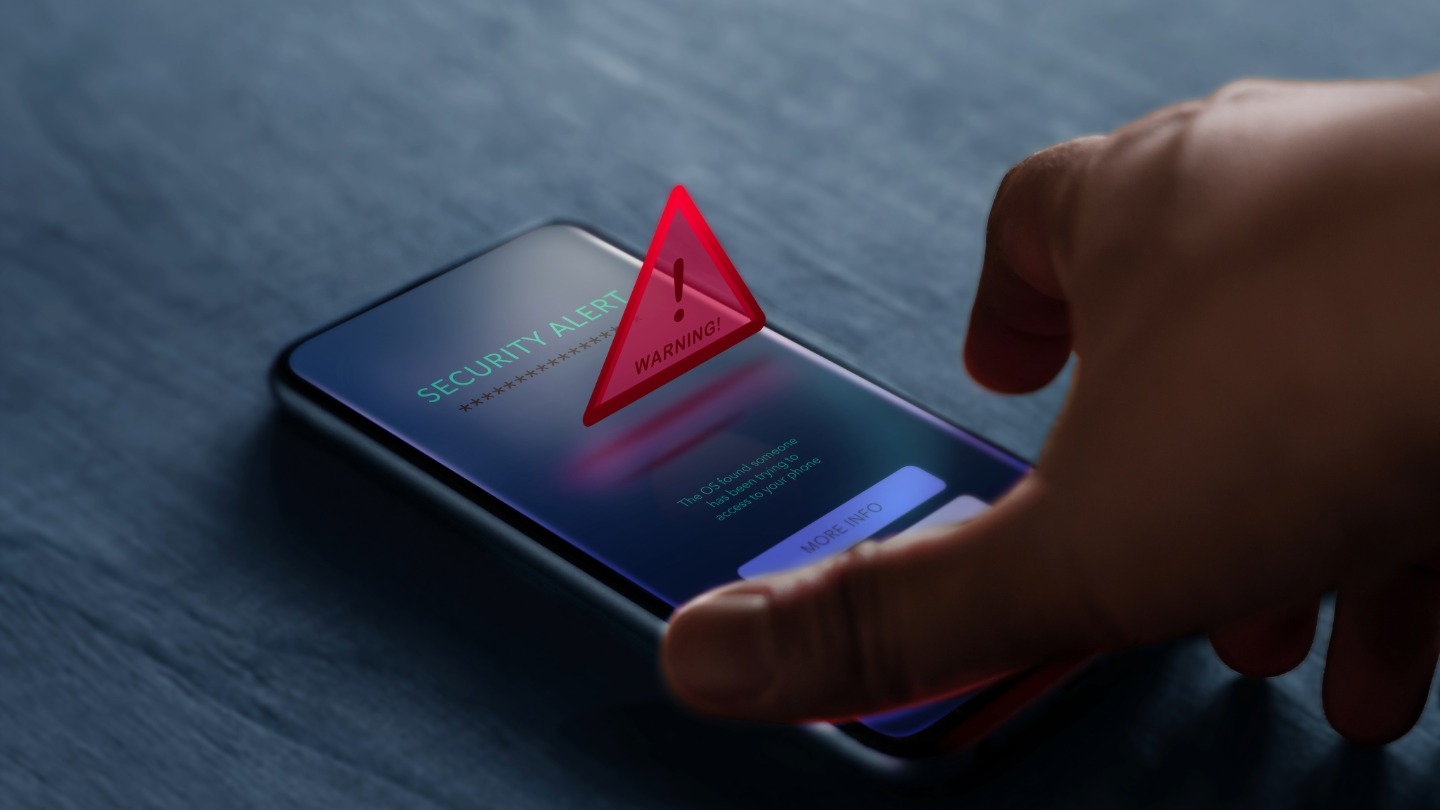
Are you looking to sell a couch, buy gently used patio furniture or offload that baby swing sitting in your basement for years? Facebook’s Marketplace is a one-stop platform that lets you do all of this – connecting you beyond your friend network to members of your community, enabling you to buy and sell items online through a simple post.
It’s a modern-day classifieds section backed with photos and a real-time chat function. Facebook Marketplace has seemed to evolve into simply the best and easiest way to buy used items and pocket a little cash for those you no longer need.
But while Facebook Marketplace can be a great place to make deals, it’s not without its pitfalls. For example, it hosts an unregulated member network and is susceptible to scammers who may see it as fertile ground for cons and identity theft.
It’s still worth using to pick up a deal on something you need or want. But, make sure you avoid falling for online scammers who set up shop on Marketplace.
6 Common Facebook Marketplace Scams
1. The buyer or seller is paying or communicating outside of Facebook.
Watch out for buyers and sellers who insist on communicating or receiving payments outside of Facebook’s official channels. It’s best to only use Facebook Checkout, PayPal or other payment methods that are backed by a guarantee or way to dispute a payment.
Avoid a wire transfer or Venmo deposit to hold an item you haven’t physically viewed and know the seller has in their possession.
2. The product is suspiciously cheap.
Facebook Marketplace is great for a deal, but it can also mean that some items with suspiciously low prices are either counterfeit or pirated. If a seller is asking well below a reasonable price, there’s a chance they are up to something.
Before buying, it might be wise to check the seller’s profile for negative reviews and avoid newly created accounts with no reviews. You should also request multiple photos, a video or even go view the item in a public place before purchasing.
3. The seller requests payment in advance.
Never agree to an upfront payment of any kind deposit without receiving your purchased item first. This type of scam is known as a “reservation” or “pay-in-advance” scheme, and it’s easy to fall for because it preys on a buyer’s desire not to miss the sale. In this scenario, the seller may say that the item is popular, and a deposit is required to secure your spot. Don’t fall for this one – no deal is worth it.
4. The person you’re connecting with has a brand-new account.
Fake accounts are a problem on Facebook Marketplace, as they can be used to skim information and house stolen credit cards. Before making a purchase, take a close look at the seller’s profile and note when it was created. Brand-new accounts are a red flag. If your contact’s Facebook page looks new, it’s possible you found a fake account.
5. Your contact has overpaid.
One common scam is to overpay for a product, either by pretending to by presenting a fake payment confirmation or by doing so by using stolen funds. In this scenario, the fraudster asks to be reimbursed the difference, often disappearing before the truth has come to light that they have a fraudulent account. Marketplace sellers can protect themselves by denying overpayments and using Facebook-approved payment methods such as PayPal and Facebook Checkout.
6. Buyers ask to send you a “code” to verify your identity.
This tricky scam enables fraudsters to establish a number using your Google Voice account. Here’s how: The scammer asks for your phone number and texts a code to verify that you are a real person. But once they have your number on hand, they use it to set up a Google Voice account. The code they sent is from Google and is intended to verify creating a Google Voice account for that phone number. A scammer can then use your newly created Google Voice account to contact and scam other people under your identity.
Facebook offers some tips to help protect its buyers and sellers from Marketplace scams and an extensive resources page with guidance on how to buy and sell responsibly on the platform. Facebook also offers Purchase Protection for eligible items that are paid for using Facebook Pay. This function withholds payments to the seller until the buyer has marked an item as received. Then, when there is an issue with an item or the seller doesn’t deliver, the buyer can receive a refund.
But if you intend to be a frequent Facebook Marketplace user or do online shopping in general, you should consider purchasing identity theft and credit protection to help keep you safe.The Facebook Marketplace can be an excellent place to sell goods, but a great deal can sometimes be too good to be true.







